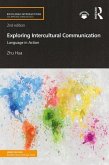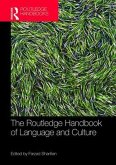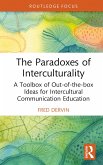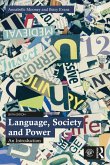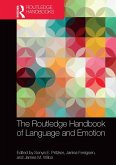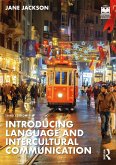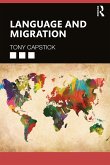This collection critically examines tourism as a site of intercultural communication, drawing on the analytical tools afforded by the discipline toward better understanding contemporary tourism discourses and the broader societal structures of power and ideologies in which they are situated.
The volume interrogates culture and interculturality in tourism in detailed analyses of discursive details in tourism interactions and focuses on the notion of culture as a process or phenomenon engaged in or enacted on by individuals. Drawing on discourse analytic and ethnographic approaches, the book brings together perspectives from the lived experiences of residents, hosts and ethnographers to explore the extent to which linguistic and cultural differences are constructed, identities negotiated, and power relations maintained and perpetuated in tourism encounters. The volume draws on insights from those working across a range of geographic contexts and explores the interplay ofthese issues in English as well as other languages and language varieties used in tourism interactions.
With its focus on critical approaches to understanding language and culture, this book will appeal to students and scholars in intercultural communication, applied linguistics, sociolinguistics, linguistic anthropology, discourse analysis, and tourism studies.
The volume interrogates culture and interculturality in tourism in detailed analyses of discursive details in tourism interactions and focuses on the notion of culture as a process or phenomenon engaged in or enacted on by individuals. Drawing on discourse analytic and ethnographic approaches, the book brings together perspectives from the lived experiences of residents, hosts and ethnographers to explore the extent to which linguistic and cultural differences are constructed, identities negotiated, and power relations maintained and perpetuated in tourism encounters. The volume draws on insights from those working across a range of geographic contexts and explores the interplay ofthese issues in English as well as other languages and language varieties used in tourism interactions.
With its focus on critical approaches to understanding language and culture, this book will appeal to students and scholars in intercultural communication, applied linguistics, sociolinguistics, linguistic anthropology, discourse analysis, and tourism studies.


